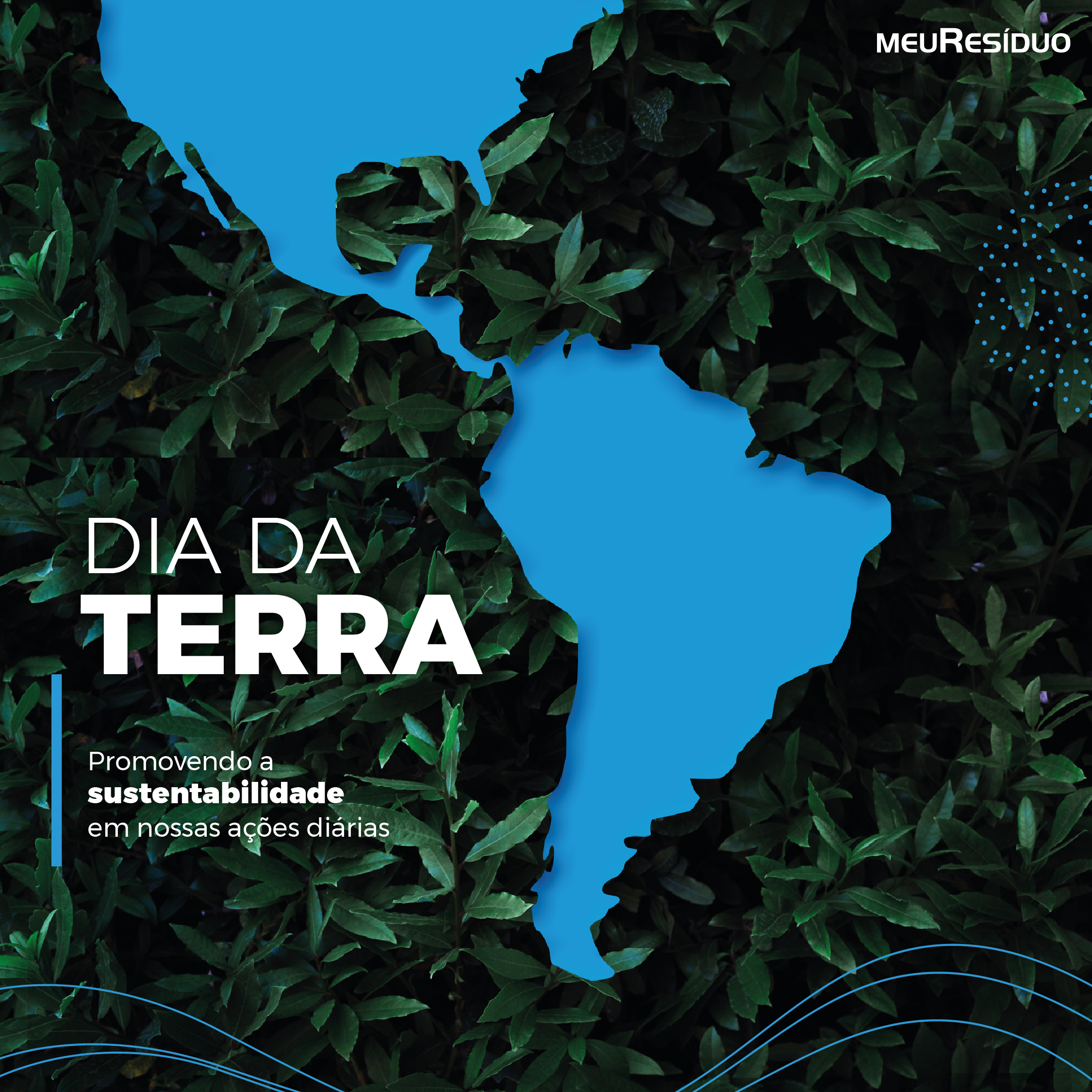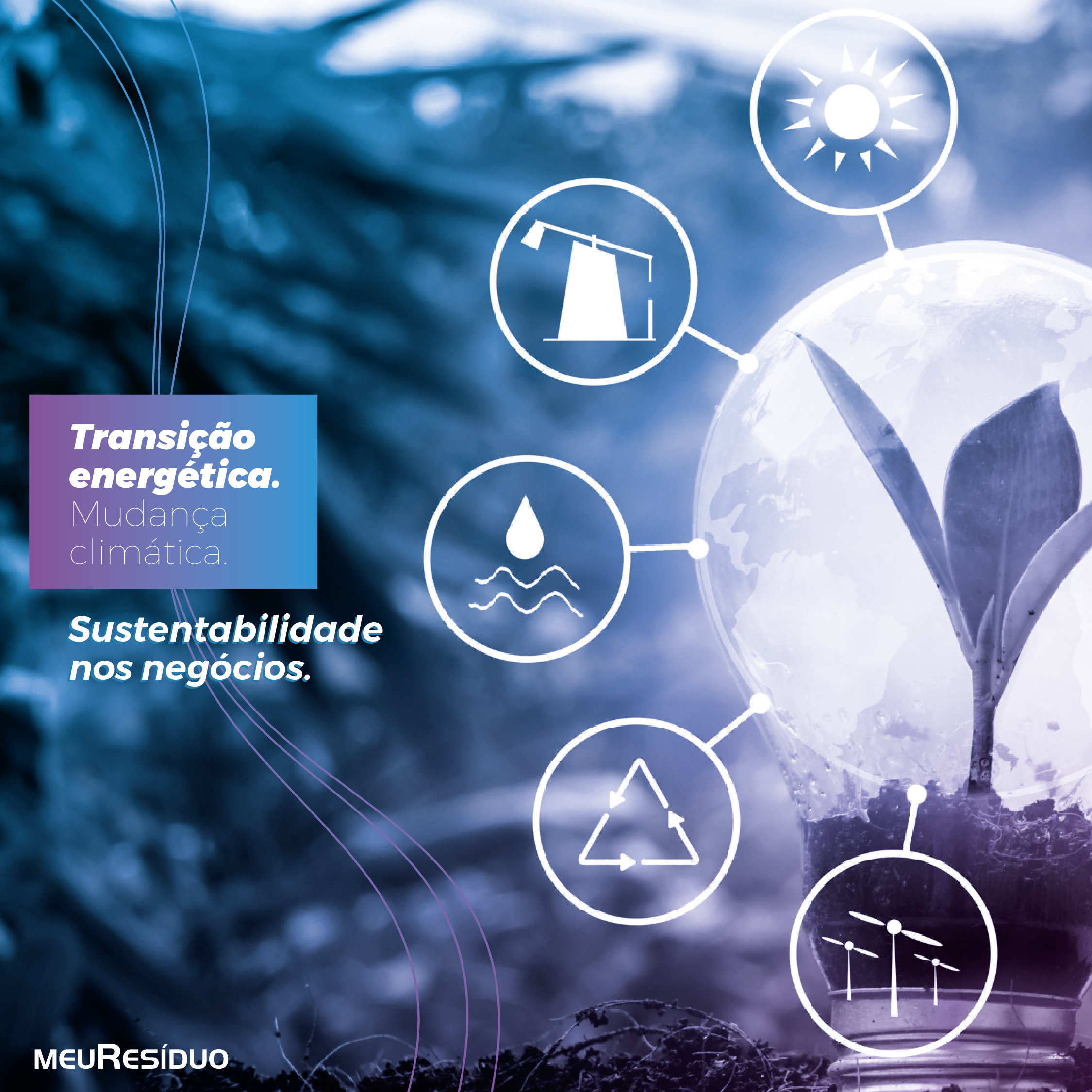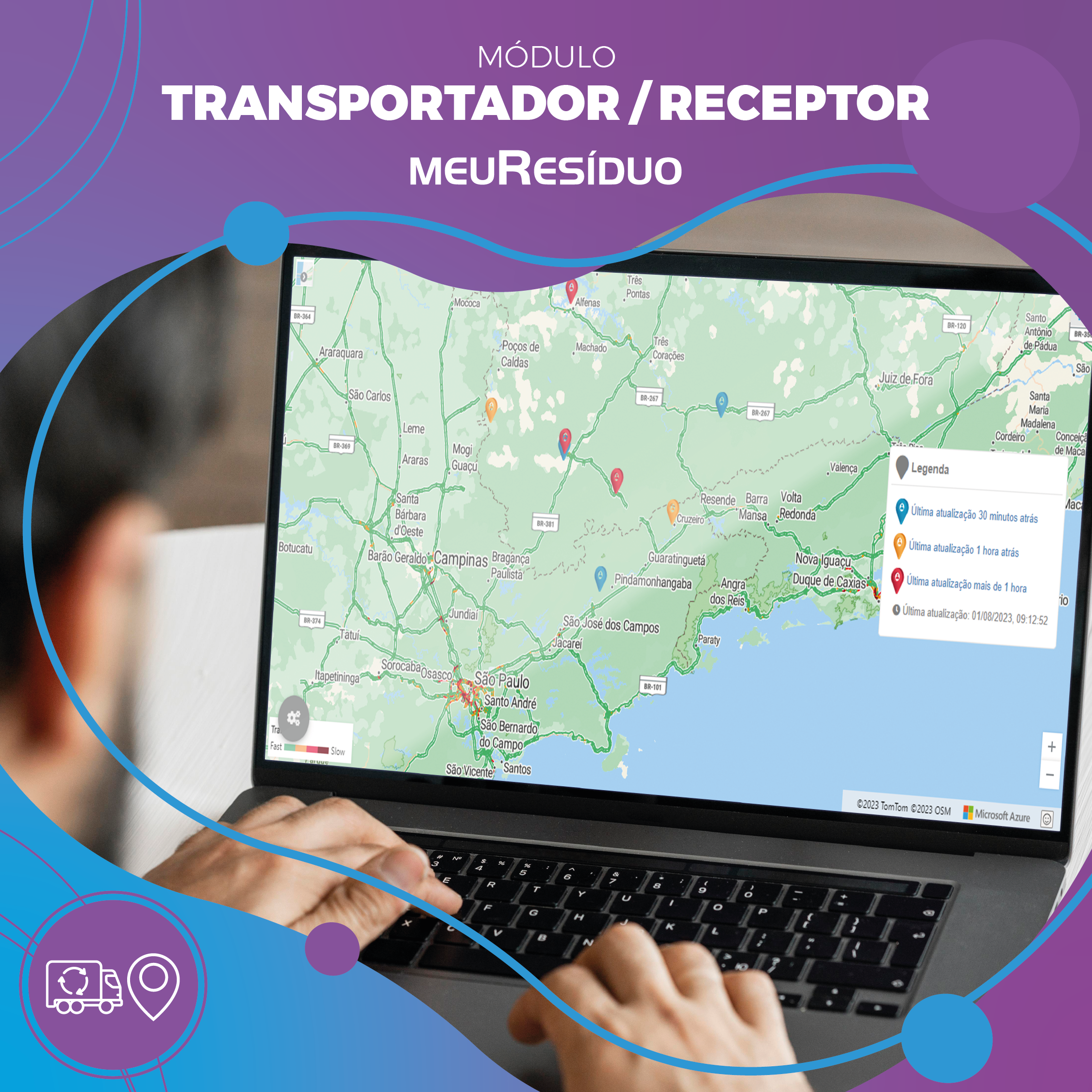
As sustainability education helps us to see the bigger picture, no matter where we work, it also shows how every workplace action can impact the climate.
The debate over how much forward motion COP26 has truly created will continue over the coming year and into the next COP summit. But this much we know today: Sustainability thinking is here to stay.
Whether we’re talking about less carbon emissions or more clean energy, environmental justice or consumer preference, mindsets are changing. Topics considered fringe a generation ago have now moved front and centre on the worldwide stage. And as the conversations shift, so too does a global job market.
COP26 reinforced time and again a profound realisation: Climate is now everybody’s responsibility. As governments and companies embrace this fact, services, materials and labour resources follow suit. Yet the burden isn’t limited to those jobs to come. Almost every job today allows for some aspect of making sustainable choices.
This makes sense when we unpack that word, “sustainability.” Simply, it means the ability to meet today’s needs without compromising the ability of future generations to meet theirs. As governments, businesses, and individuals accept this, it’s apparent that all three must work together to make the change we wish to see—and make good on the agendas COP26 introduced.
And so comes a crucial question: How can expect change on all of these levels when not everyone grasps how to make more sustainable choices, or how complex sustainability can be? Let’s dig into how environmental education (which needs to include social implications) informs the big picture and leads to more sustainable actions.
What Is Environmental Education?
With sustainability, we can only act based on what we know. Environmental education teaches how natural environments function and how humans can manage behaviours and ecosystems to live more sustainably. It’s also a way of looking at the world—a “sustainability lens” that encourages long-term thinking and smart decisions and actions.
When we know the full picture, we make better choices personally and at work. But what we learn as individuals also sets the stage for widespread change. The more sustainability skills we gain, the better we can understand goals for businesses and governments, and actively contribute to positive outcomes.
Here’s another way to think about it. As the sustainability lens widens, the personal goals and values of team members align with a business’ sustainability goals and values. It also empowers individuals who may have once questioned their ability to make an impact. Armed with the right skills and knowledge, they are equipped to take action and help create lasting change.
For generations, school work and teaching have provided strong foundations for environmental education. (In fact, the first US Earth Day in 1970 arose from college campus teach-ins.) Employers have a role to play as well, with up-skilling their workforce on sustainability topics and providing them with the tools to drive action.
How Does Article 6 Impact Sustainable Skill Development?
Article 6 of the United Nations Framework Convention on Climate Change (UNFCCC) has roots dating to the Rio Earth Summit of 1992. It seeks to reduce climate change impact by enabling society to take part in the solution.
Article 6 recognises that education and training mobilise citizens to contribute to climate action locally and globally. As people become more aware of their individual impacts, they will want to know more about how to make ethical decisions and support more sustainable businesses.
To that end, Article 6 plays a vital role. It creates a resource for governments and civil society and encourages people to take the lead in climate change education and training. It also calls for initiatives that are diverse, innovative, and resource-efficient through these avenues:
Climate change-related educational programs at primary and secondary levels
Public awareness campaigns
Public access to relevant information
Public participation
Training of experts
Enhancement of international cooperation
The educational thrust of Article 6 encourages climate-sensitive teaching strategies that integrate sustainable development goals. This incorporates teacher training initiatives as well as informal education through community learning. The training thrust stresses vocational learning by doing or on-the-job skill enhancement—getting the know-how to make climate-conscious decisions.
The bottom line returns to a core value by which sustainability thinking turns to sustainability action. That is, by increasing access to information, skills, and development, individuals can take sustainable actions in their personal and professional lives.
How Environmental Education Will Impact Jobs
With the planet’s climate in the spotlight, we’ll all need to learn more about the subject and how our actions matter. This will impact all our lines of work regardless of what they are.
While it’s up to us to take action as individuals, we undertake this journey with ample support and an unprecedented chance to make a positive environmental impact. As more of the global population gains access to sustainability/environmental education, more people will bring that knowledge into their places of work. Decision-makers will become sustainability-thinkers, or sustainability-thinkers will become decision-makers. Both can implement actions that they know will make a difference.
In fact, every job will have some aspect of sustainability thinking involved. Workers will be (and have already been) called to:
Build buildings that can withstand the storms of today and the future while using sustainably sourced materials inside and out.
Use renewable energy when manufacturing products.
Select business partners whose environmental goals align with their own.
As sustainability education teaches us to see the bigger picture, no matter where we work, it also makes us aware of how our every workplace action can impact the climate. Companies are coming to value this, too. They are already looking for employees with this knowledge, and who know how to problem-solve as they align with the company’s sustainability goals and regulations in place.
Fonte: https://www.rio.ai/blog/what-is-sustainability-thinking-and-how-will-it-impact-jobs-in-the-future


